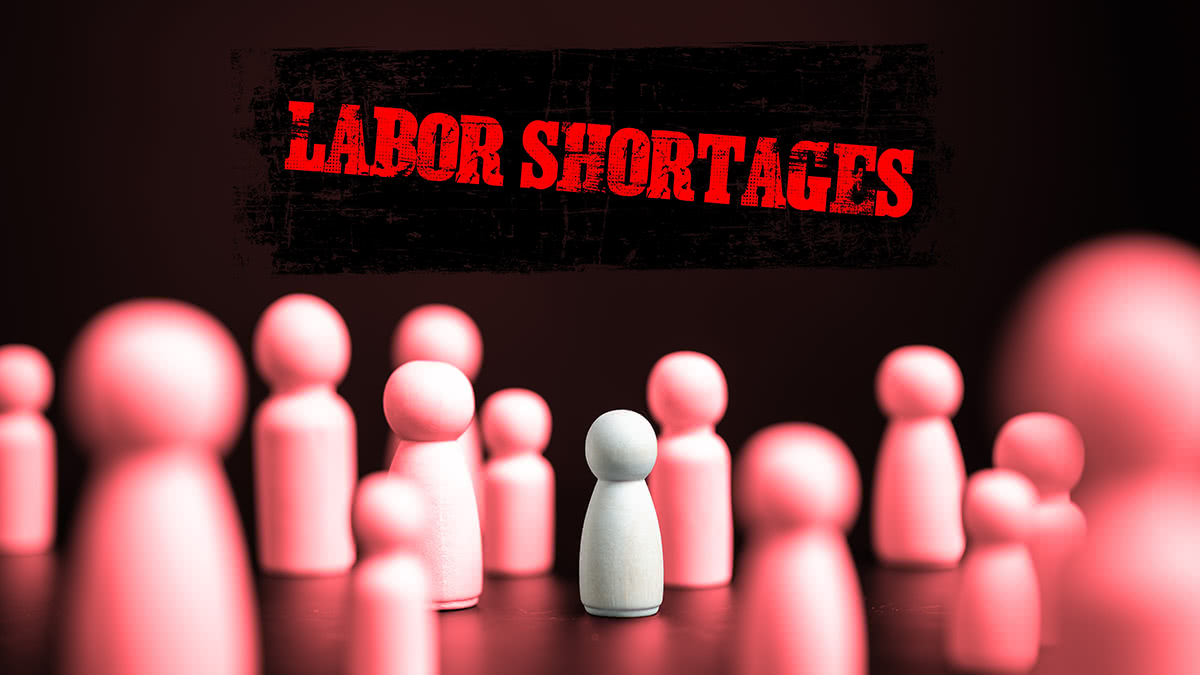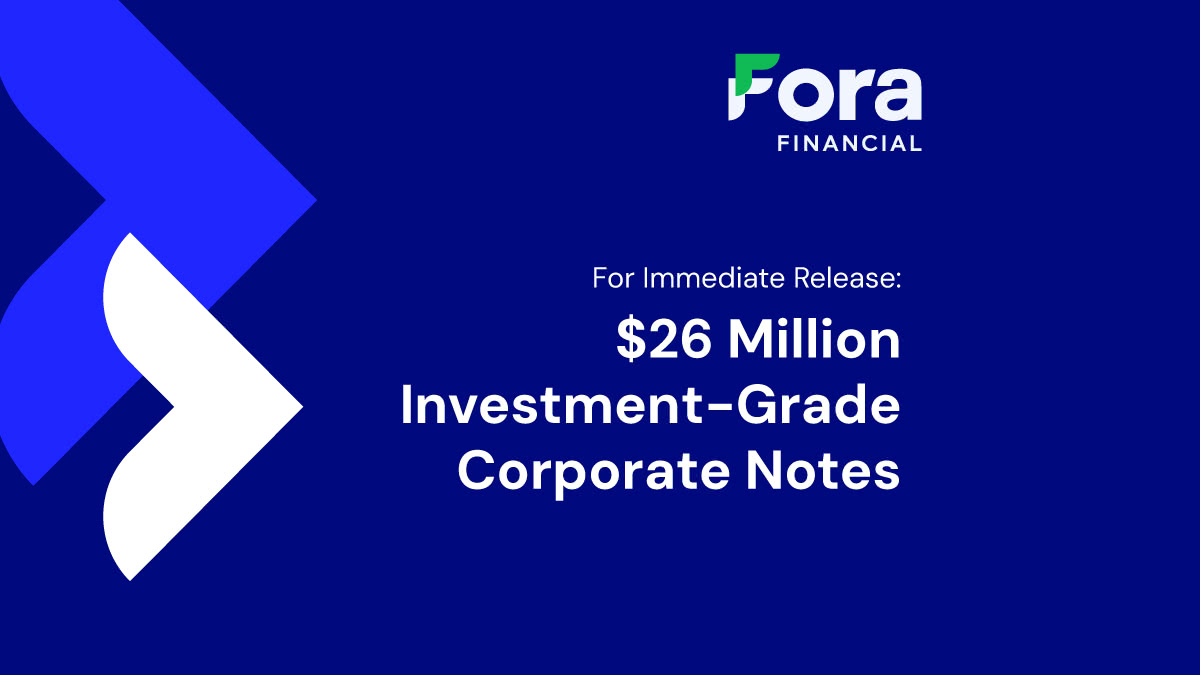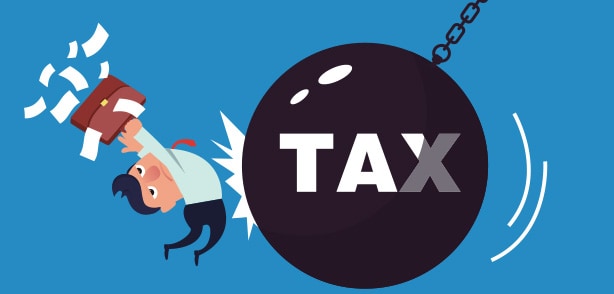The Lowdown on Accounts Receivable Financing

It's a common situation for many small-business owners: You're signing new business weekly, and the future's so bright, it won't be long until you need Ray-Bans to read your balance sheet. Sounds promising, right? But how much cash do you have on hand today — and how long will it take before you start seeing the results of your sales teams' hard work?
In cases like these, when for one reason or another you're experiencing a temporary cashflow slowdown, accounts receivable financing can help. It's a straightforward concept: You're borrowing funds based on the quality and volume of your account receivables.
What's the difference between "financing" and "factoring?"
You may have heard the terms "accounts receivable financing" and "account receivable factoring" (also known as "invoice factoring") used interchangeably. But that's not accurate. Each of these terms refers to a specific way of borrowing against incoming receipts:
Invoice (or accounts receivable) financing uses your incoming invoice payments as collateral for a line of credit. After submitting the required A/R documentation and being approved, you can draw funds (up to a predetermined limit) at any time. In this scenario, you're responsible for collecting payments.
Invoice (or accounts receivable) factoring put a different spin on accounts receivable financing. In this case, you "sell" your outstanding invoices to a factoring company and receive a cash advance. The lender solicits payment from your customer and handles all related interactions. The lender then extracts a factoring fee from each payment and forwards you the balance.
What are some of pros and cons of accounts receivable financing?
Consider these key advantages:
Fast funding. Accounts receivable financing is one of the quickest ways to access additional working capital. Depending on the lender you select, you may receive your money in as little as 24 hours.
Your credit score is less of an issue, because the lender is looking at your customers' ability to pay. If you can show that your customers pay reliably and are therefore creditworthy, you can get invoice financing even if your own credit rating isn't quite as solid.
Avoid the hassles and expense of collections. When you use invoice factoring, the factoring company takes over collections. For many entrepreneurs, this takes a big administrative burden off their plate.
But you should also be aware of these potential caveats:
-
Cost. Fee structures for accounts receivable financing can get complicated and expensive. The rate you pay depends on:
How many invoices you have
The cash value of your invoices
Your line of business
Your customers' creditworthiness and payment history
According to NerdWallet, the average factoring fee falls between 1% and 5% of invoices, depending on the factors listed. Keep in mind that some lenders may also reserve the right to increase their factoring fee, based on how long it takes your customers to pay.
Handing over customer contact. You may not enjoy the prospect of having a relative stranger talking with your customers about their accounts. After all, payment collection is one of the more sensitive aspects of the customer experience.
It's not your credit that matters. One of the greatest benefits and flaws of invoice financing is that it depends on your customers' creditworthiness. So if they have poor credit scores or checkered payment histories, you may not get approved. Or, if you do get approved, you may pay a higher factoring fee — and maybe even late fees if your customers are slow to pay.
Is accounts receivable financing right for your business?
Invoice financing can work well for small business owners who need short-term funding and have concerns about their credit. But before you opt for accounts receivable financing, make sure you've researched other popular short-term funding alternatives, such as small business loans, business lines of credit, credit cards, or equipment financing and inventory loans.
Did you know?
The average traditional small-business loan amount ranges from $106,000 to nearly $600,000.
31% of business owners are borrowing on a regular basis, according to the May 2024 Small Business Optimism Index.
6% of owners reported that financing is a "top business problem." This is highest percentage reported since June 2010.
Sources: Nerd Wallet; NFIB Small Business Optimism Index, May 2024
Since 2008, Fora Financial has distributed $4 billion to 55,000 businesses. Click here or call (877) 419-3568 for more information on how Fora Financial's working capital solutions can help your business thrive.






